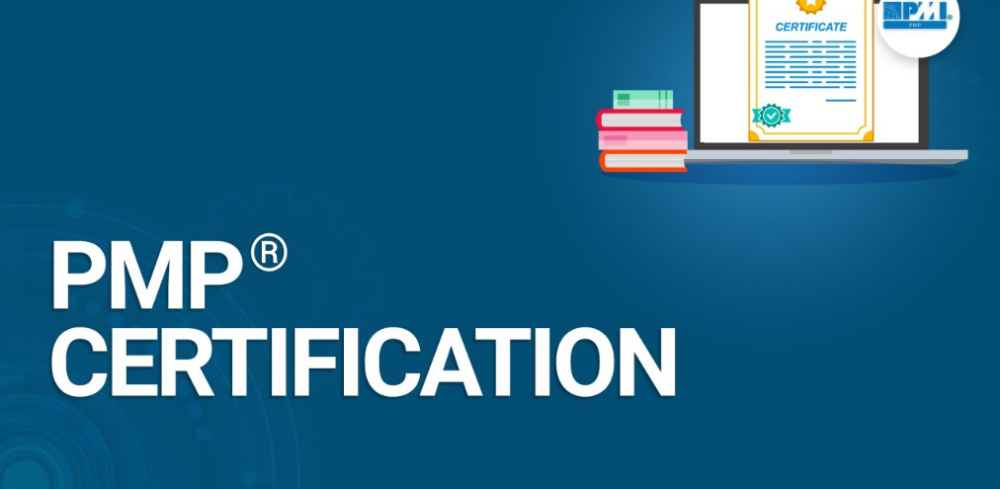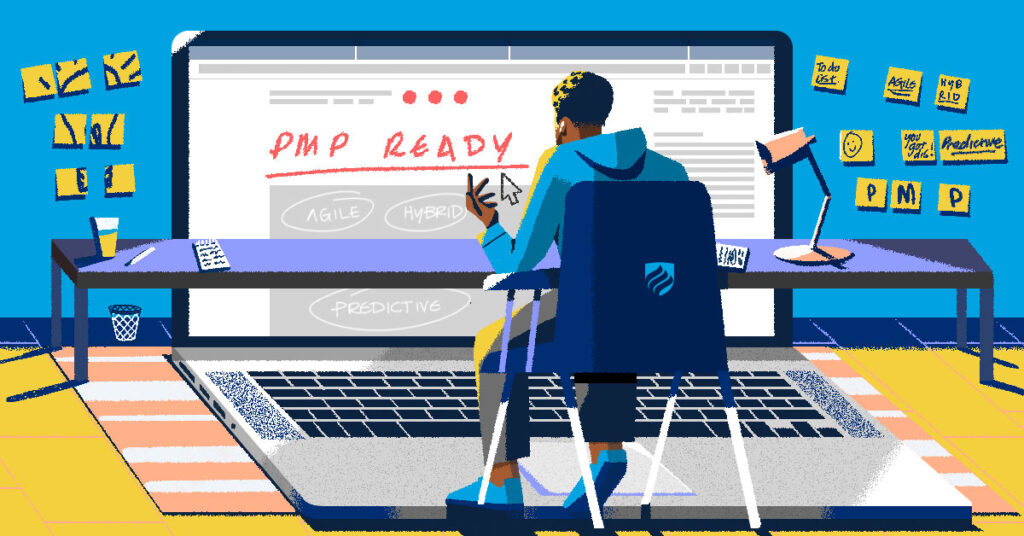
Project management professionals are responsible for ensuring that projects are completed on time, within budget, and to the required specifications. They work with clients and team members to create project plans, establish timelines and objectives, track progress, and manage resources. The goal of every project is to achieve the desired outcome while minimizing risk.
Successful project management requires a variety of skill sets including attention to detail, problem-solving abilities, communication skills, time-management skills, and organizational skills. It also helps if you’re able to stay calm under pressure; after all, a lot can go wrong during any given project!
The best way to become a successful project manager is by gaining experience in various areas of project planning and execution. Volunteer for extra assignments at work or join an online forum dedicated to discussing PM methodologies such as Prince2 or Agile / Scrum methods. Certifications such as those offered by Project Management Institute (PMI) can also be helpful in demonstrating your commitment level and knowledge base around this field.
Your Weekly Schedule Might Look Something Like This:
Monday – Review objectives & concepts from the previous lesson(s)
Tuesday – Read chapter(s) and complete associated quiz/worksheet
Wednesday- Watch related video lecture(s), read summaries/notes
Thursday – Complete practice problems
Friday – Engage in discussions forum with classmates; ask & answer relevant questions
Saturday / Sunday – Take a weekend break!
It’s important not to try to cram everything into just a few weeks before taking the exam–that kind of intensive preparation usually leads nowhere productive.

Quickly Enroll in a PMP Exam Preparation Workshop in Your City:
Near the top of any experienced project manager’s list of must-haves is PMP (Project Management Professional) certification. The globally recognized credential opens up doors to better projects, more responsibility, and higher paychecks.
But getting certified can be a challenge: You have to pass an exam that covers a wide range of project management topics. Then there are continuing education requirements to maintain your certification.
If you’re looking for help preparing for the PMP Exam, consider enrolling in a workshop near you. Workshops provide all the materials and guidance you need to confidently take on—and pass—the exam. Best of all? They typically last just two or three days!
Assess the Gap in Your Knowledge:
After you’ve attended the PMP Exam Preparation training of usually 35 contact hours (a prerequisite of PMI before you can take the exam), you will realize how big is the gap in your knowledge and the PMI’s project management framework.
You should ask questions such as:
* In which knowledge areas do I have the least knowledge?
* In which kind of organization types have I never worked at?
* What kind of HR theories do I follow, and which are new to me?
* What kind of professional and social ethics are the norm in my company and my country?
* Is there a significant difference in my understanding and the best practices?
With the answers, you will be able to assess the amount of study you need to do, and how close or far you are from the PMP Certification exam.

Filling up the PMP Certification Application Form
The process of filling up the PMP certification application form can seem daunting at first, but with a little preparation it can be relatively straightforward. The most important thing is to ensure that all the information requested is provided, as this will help to avoid any delays in processing your application.
The first step is to gather together all the documents and information you need before beginning the online application process. This includes:
– Your resume or CV
– Contact details for two references
– A copy of your passport or other identification document
– Educational qualifications (including degree certificates/transcripts)
– Work experience relating to project management (job titles, dates, company names and contact details)
Once you have gathered all this information together, start by creating an account onPMI’s website. Then click on ‘Apply for PMP Certification’ and follow the instructions from there. You will be asked to provide some basic personal details such as name and address, then moving onto sections detailing your education and work experience. Here you will need to enter exactly where each qualification or job title was obtained/held along with corresponding dates etc., so make sure you have everything ready before starting!
Suggested PMP Exam Study Plan
If you are reading this, then you have probably decided to pursue your Project Management Professional (PMP) certification and are looking for a suggested study plan. This blog post is exactly that – a suggested study plan broken down into 8 weeks of dedicated preparation time with corresponding goals and resources.
Before getting started, let’s first discuss some general tips:
- Start by taking the PMP exam prep course from Brain sensei. You can find a coupon from Couponfond or another reputable provider in order to get an overview of the material covered on the exam.
- Next, supplement that knowledge by reading one of the many PMP books on the market.
- Finally, take practice exams regularly so you can gauge your progress and identify any areas where more focus may be needed.(For example: Brainsensei Project Manager Academy offers 6 full-length simulated PMP exams as part of its online training program).
The 7 Things You Need to Pass The PMP Exam

- A thorough understanding of the PMBOK® Guide – Sixth Edition
- At least 35 hours of project management education or experience
- 4,500 hours leading and directing projects
- Experience in 25 different project management processes
- 100 questions correctly answered on a practice exam from Gleim CPA Review OR at least 84% correct answers on one full-length practice test from PMTI*
- Strong English language skills—read, write, speak and understand fluently
7: And finally…A positive attitude!
Steps towards PMP certification
There are a few steps that are necessary in order to achieve PMP certification. The first step is to decide if you want to pursue certification and whether or not you meet the prerequisites. Once those have been determined, then it’s time for some studying! The PMBOK (Project Management Body of Knowledge) Guide should be studied thoroughly as it is the basis for the exam questions. After sufficient preparation, take an authorized practice test so you can get an idea of what type of questions will appear on the real exam and where your weaknesses may lie. Finally, when ready, schedule and sit for the actual PMP exam.








